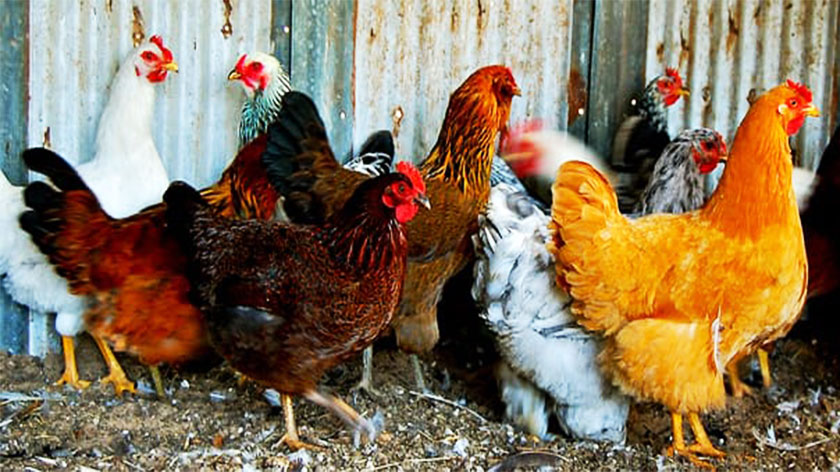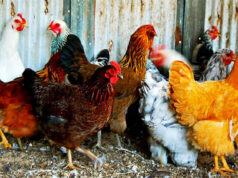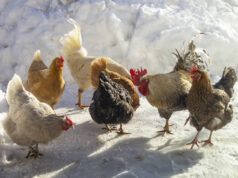
Introduction
Poultry enthusiasts are often delighted to rear chickens, enjoying the process of nurturing their flocks. However, the onset of chicken disease coccidiosis can present a significant challenge. This article delves into the complexities of this disease, providing a detailed and engaging overview for both novice and seasoned poultry keepers.
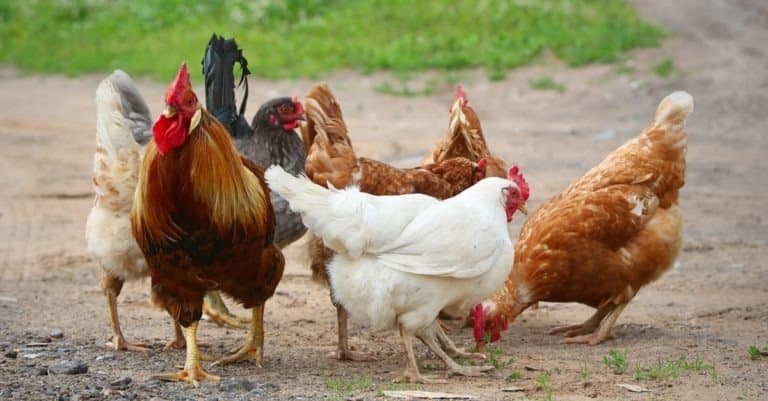
What is Chicken Disease Coccidiosis?
Coccidiosis in chickens is a parasitic disease caused by several species of Eimeria, affecting the intestinal tract. The disease is prevalent in many regions, posing a tremendous threat to poultry health and productivity.
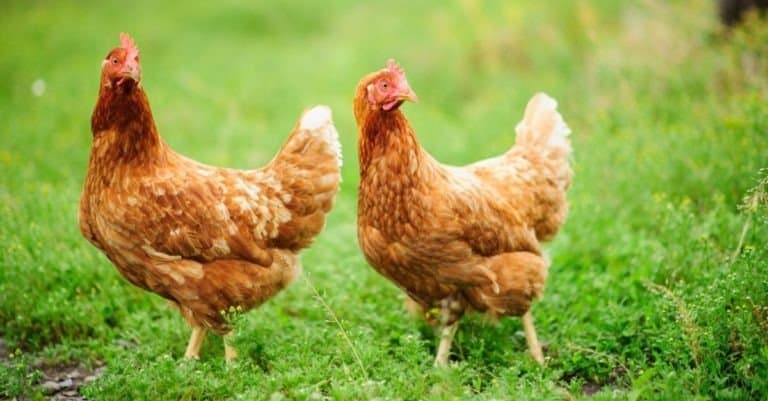
Symptoms of Coccidiosis in Chickens
Early Signs
Detecting early signs of coccidiosis is crucial. Symptoms include loss of appetite, lethargy, and diarrhea. Early intervention can significantly improve recovery chances.
Advanced Symptoms
If left untreated, the disease can progress, causing severe symptoms like bloody stools, weight loss, and even death. Being vigilant can save your flock from a devastating outbreak. Read more about chicken disease symptom.

Causes of Chicken Coccidiosis
Transmission
The primary cause of coccidiosis is the ingestion of oocysts found in contaminated feed, water, or bedding. Ensuring a clean environment is essential to prevent the spread of the disease.
Environmental Factors
Factors like high humidity and poor ventilation can facilitate the survival and spread of oocysts, making it easier for chickens to contract the disease.
Diagnosis and Treatment
Veterinary Diagnosis
A veterinarian can diagnose coccidiosis through microscopic examination of fecal samples. Quick diagnosis is vital for effective treatment.
Effective Treatments
Anticoccidial medications, prescribed by a veterinarian, are the most effective treatments. Ensuring proper dosage and administration is crucial for recovery.
Prevention Strategies
Vaccination
Vaccinating chickens against coccidiosis can provide long-lasting protection. Consult your vet for the best vaccination schedules.
Biosecurity Measures
Implementing strict biosecurity measures, such as regular cleaning and disinfection, can prevent the introduction and spread of this disease.
Impact on Poultry Production
Economic Losses
Coccidiosis can lead to significant economic losses due to decreased productivity and increased mortality rates. Understanding the impact can motivate poultry keepers to adopt preventive measures.
Management Practices
Effective management practices, including monitoring the flock closely and maintaining a clean environment, can help mitigate the impact of coccidiosis.
Importance of Clean Environment
Maintaining a clean and dry environment is essential in preventing the spread of coccidiosis. Regularly changing bedding and cleaning coops can make a significant difference.
Nutrition and Health
A balanced diet strengthens chickens’ immune systems, making them less susceptible to diseases like coccidiosis. For more information on chicken nutrition, visit chicken feed tips here.
Understanding Oocysts
Oocysts are the infective stage of the coccidiosis parasite. They are resilient and can survive in harsh environmental conditions, making controlling this disease challenging.
Role of Probiotics in Prevention
Probiotics can enhance gut health, making chickens more resistant to infections. Incorporating probiotics into their diet can be a valuable preventive measure.
Understanding Genetic Resistance
Some chicken breeds show genetic resistance to coccidiosis. Research and selective breeding can help develop resistant flocks, reducing the disease’s prevalence.
Common Misconceptions
There are several misconceptions about coccidiosis, such as it only affecting young chickens or being entirely preventable with a single measure. Educating poultry keepers is essential for effective disease management.
FAQ
What is the best way to prevent coccidiosis?
Maintaining a clean environment, regular veterinary check-ups, and vaccination are the best preventive measures.
Can coccidiosis affect other animals?
While coccidiosis primarily affects chickens, other poultry species can also be susceptible.
Is coccidiosis contagious?
Yes, coccidiosis can spread quickly through a flock if not managed properly. Keeping a clean environment is paramount.
As an Amazon Associate, I earn from qualifying purchases.
